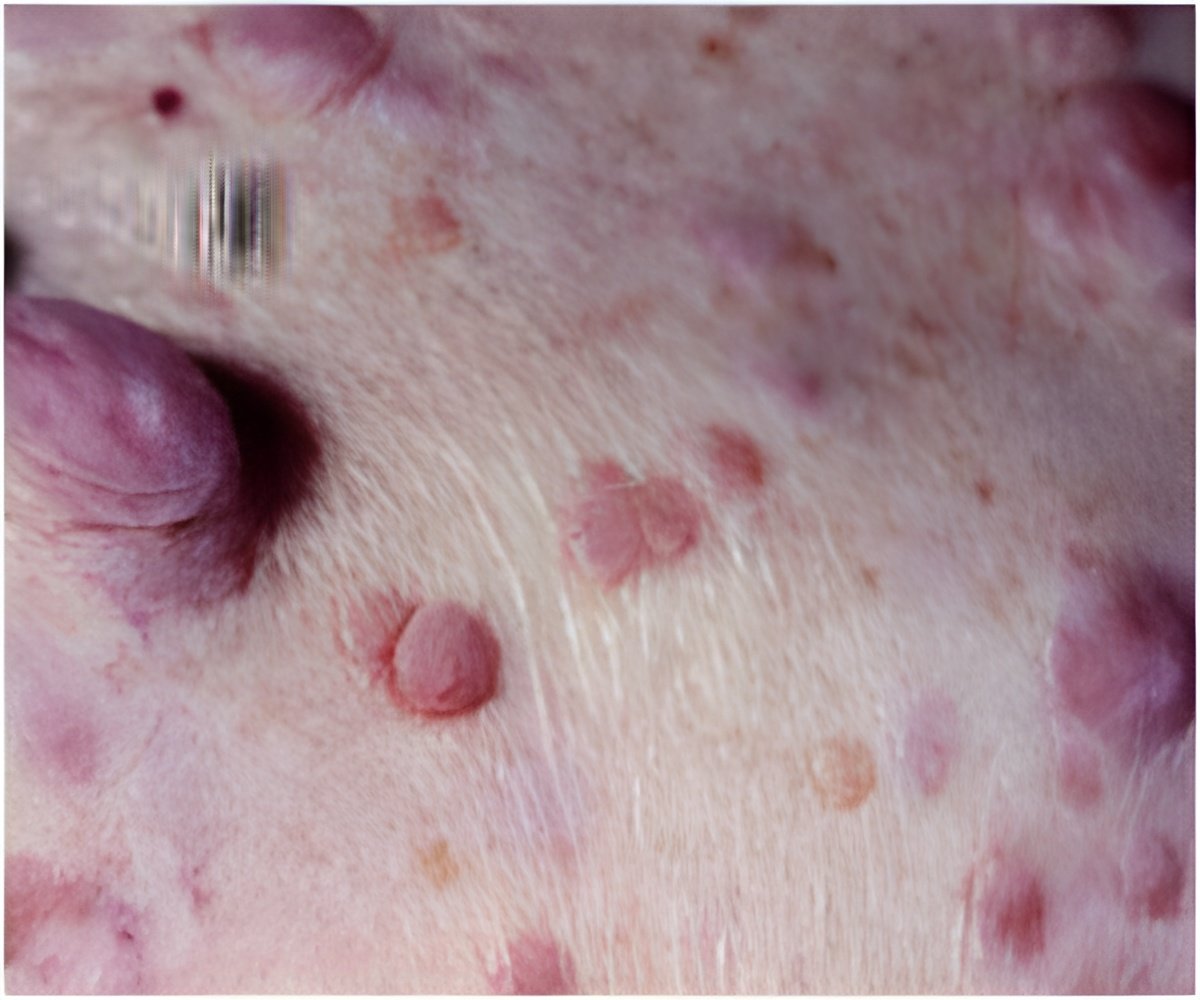Researchers have discovered a new drug target for squamous cell carcinoma, the second most common form of skin cancer.

The findings by Vasioukhin and colleagues will be published May 24 in Science Signaling.For the study, the researchers studied mice that were bred to lack a copy of the gene that makes the protein alpha-catenin in hair follicle stem cells. The researchers found that these mice developed a type of skin cancer called squamous cell carcinoma.
"The fact that alpha-catenin-deficient mice developed skin cancer led us to conclude that the loss of this protein is an important event in cancer development, and that alpha-catenin functions as a tumor suppressor," said Vasioukhin, an associate member of the Hutchinson Center's Human Biology Division. "We also found that unlike normal cells, alpha-catenin-mutant cells cannot stop dividing when they become very crowded in the Petri dish – this characteristic is one of the hallmarks of cancer cells."
The researchers also teased out the mechanisms by which the protein suppresses tumor growth. They found that alpha-catenin controls the activity of a protein called Yap1, which, if activated, can cause cancer.
"We found that alpha-catenin controls cell proliferation by regulating Yap1, which is active in cells missing alpha-catenin. Therefore, Yap1 is likely to be an excellent target for the treatment of patients with squamous cell carcinoma," Vasioukhin said. More than 700,000 new cases of squamous cell carcinoma are diagnosed each year.
This form of skin cancer arises in the cells that make up most of the skin's upper layers (epidermis). Squamous cell malignancies may arise in many areas of the body including the mucous membranes and genitals, but are most common in areas frequently exposed to the sun, such as the rim of the ear, lower lip, face, scalp, neck, hands, arms and legs.
Advertisement













